Xie Feng, China’s new ambassador to the United States, arrived in New York on May 23, at a time when both nations have indicated the desire to thaw frosty relations.
Xie addressed the media in English at John F. Kennedy International Airport, stating that he is aiming to enhance U.S.–China relations at a time of “serious difficulties and challenges.”
“We hope that the United States will work together with China to increase dialogue, to manage differences, and also to expand our cooperation so that our relationship will be back to the right track,” he said.
Xie takes his new post in Washington at a time when U.S.–China relations are at a decades-low point, marked by fierce disputes over competition in trade, technology, South China Sea sovereignty, Taiwan Strait issues, and a spy balloon incident in February that led to the suspension of high-level diplomatic contacts.

Xie’s predecessor, Qin Gang, left Washington in January to become China’s new foreign minister. During his tenure as ambassador, Qin’s aggressive diplomacy style wasn’t able to stop the worsening of U.S.–China relations.
The U.S. State Department welcomed Xie’s arrival.
“We look forward to working with the ambassador designate and his team,” State Department spokesperson Matthew Miller said at a press briefing.
In recent weeks, there have been indications that the tensions between China and the United States might be cooling. U.S. national security adviser Jake Sullivan met with top Chinese official Wang Yi in Vienna, and the regime’s commerce minister may meet with top U.S. commerce and trade officials in the coming weeks.
U.S. President Joe Biden said in Japan during the G-7 summit last weekend that the Chinese spy balloon incident “changed everything,” but “I think you’re going to see that begin to thaw very shortly.”
The appointment of Xie—who has been viewed as an intermediary between the United States and China—as ambassador to the United States may signal Beijing’s desire to de-escalate bilateral disputes.
Targeting US Strategic, Business Circles
Xie, 59, joined China’s Ministry of Foreign Affairs in 1986. He had years of experience in diplomacy, especially with the United States. From 2000 to 2003, he served as attaché and spokesperson of the Chinese Embassy to the United States. In 2008, he served as consular to the United States. In 2010, he was promoted to director of the North American and Oceanian Department of China’s Ministry of Foreign Affairs. In 2014, he was appointed ambassador to Indonesia.In June 2017, Xie became commissioner of China’s Ministry of Foreign Affairs in Hong Kong. In 2021, he returned to Beijing to serve as vice minister of foreign affairs.
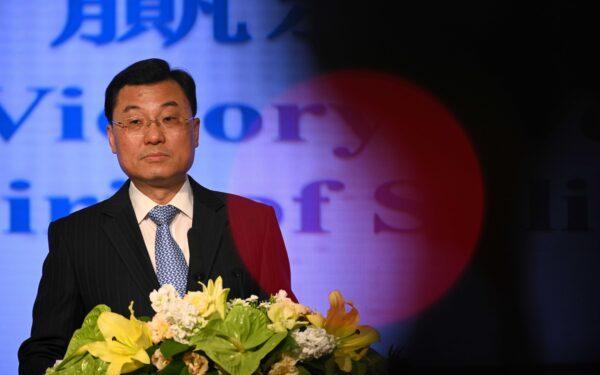
Xie has extensive contacts with strategic and business circles in the United States. In October 2022, he said at the U.S. Center for Strategic and International Studies that he hopes the experts at the think tanks in both nations can play an active role in bringing U.S.–Sino relations back on track.
On Jan. 16, Xie delivered a keynote speech at the opening ceremony of the China Think Tank International Influence Forum in Beijing. He reiterated the importance of the roles played by people in the Chinese and American strategic circles and business circles in the U.S.–Sino dialogue and cooperation, according to mainland Chinese media outlet The Paper.
Wang Weizheng, dean of the College of Arts and Sciences and a professor of political science at Adelphi University in New York, told reporters earlier this year that U.S. affairs are the top priority of China’s diplomacy. He said Xie is a relatively down-to-earth person who could help ease tensions between the United States and China.
However, he said China’s foreign policy won’t change in major ways just because of personnel changes in the Ministry of Foreign Affairs.
“CCP’s [Chinese Communist Party] leader Xi Jinping defines Sino–U.S. relations and China’s overall diplomatic form as he wishes,“ Wang said. ”Whether it is the foreign minister or the ambassador to the U.S., they are all tools to implement Xi’s policies.”
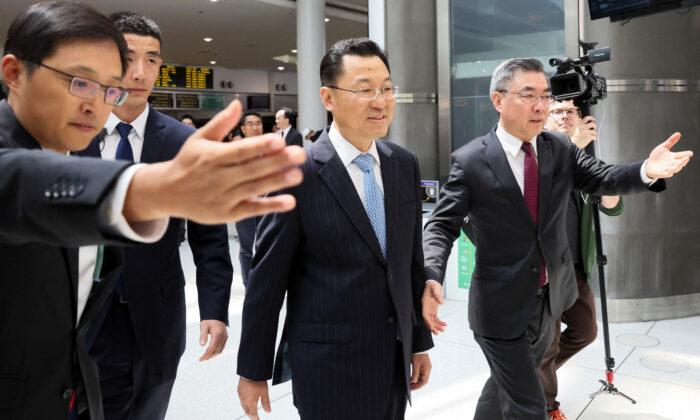
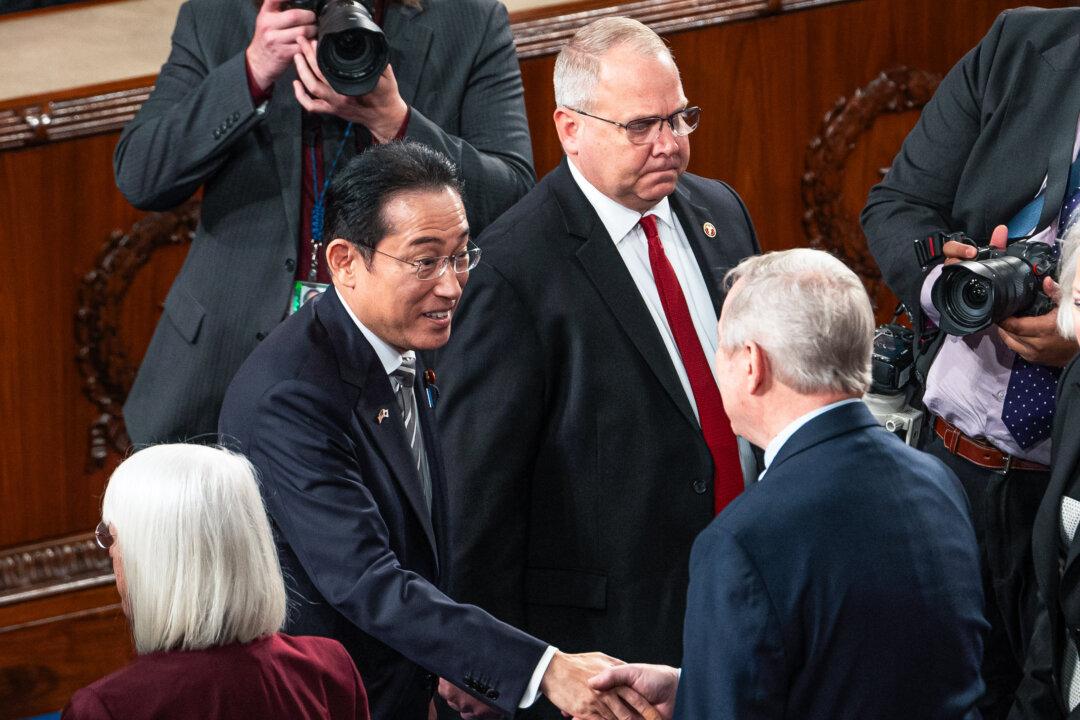
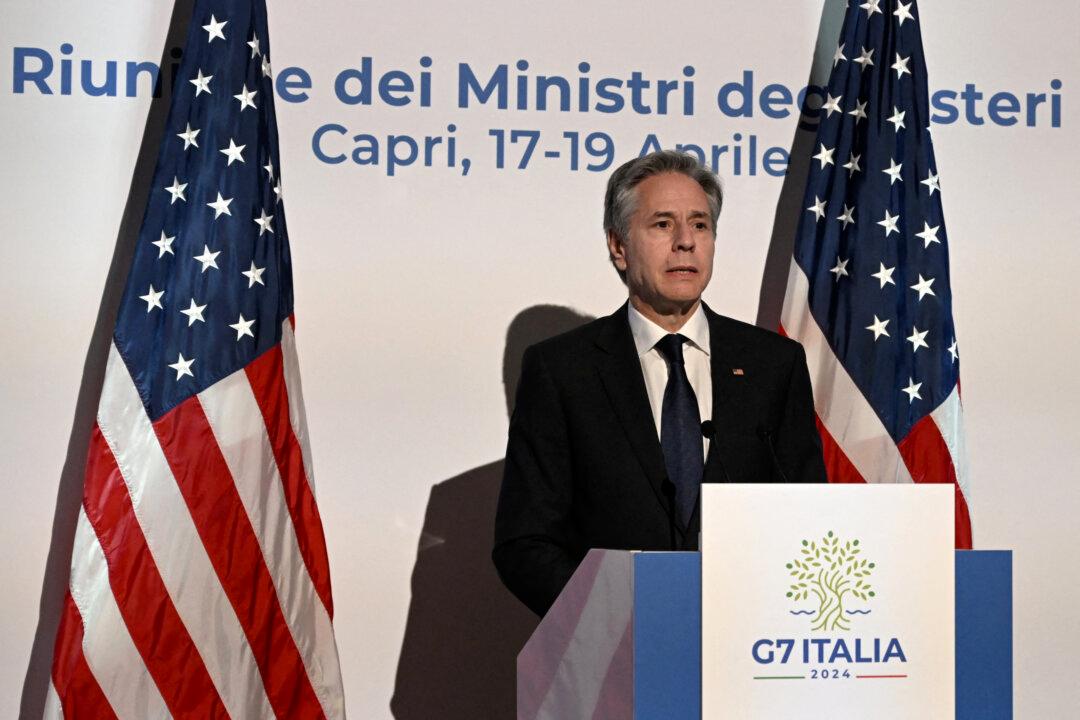
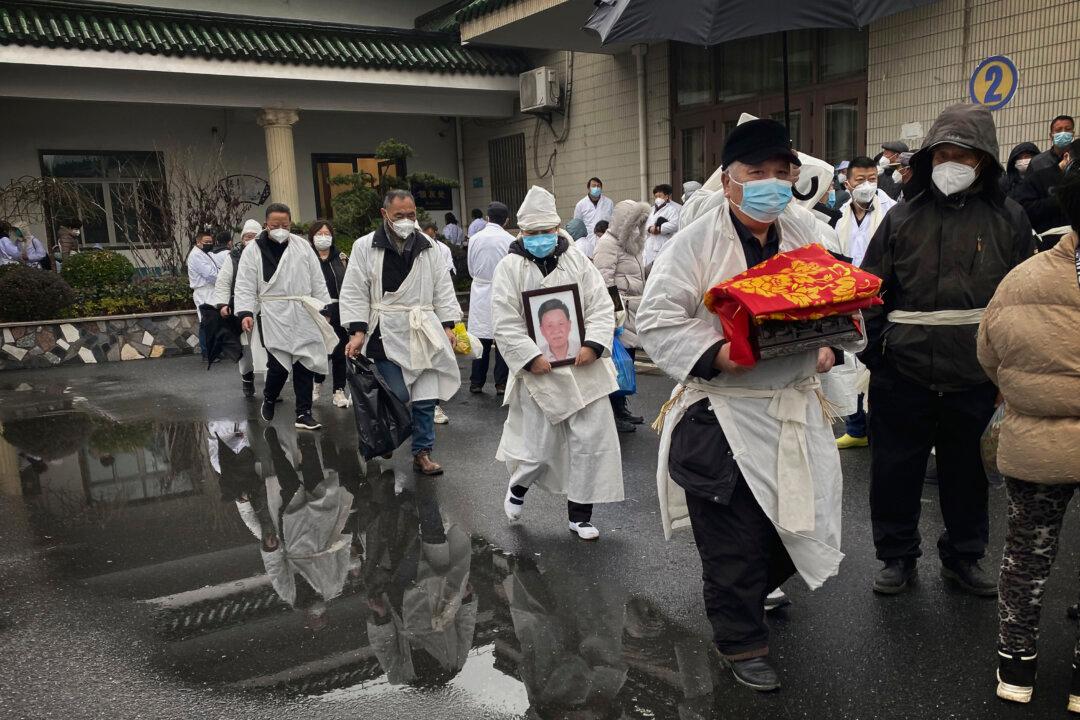
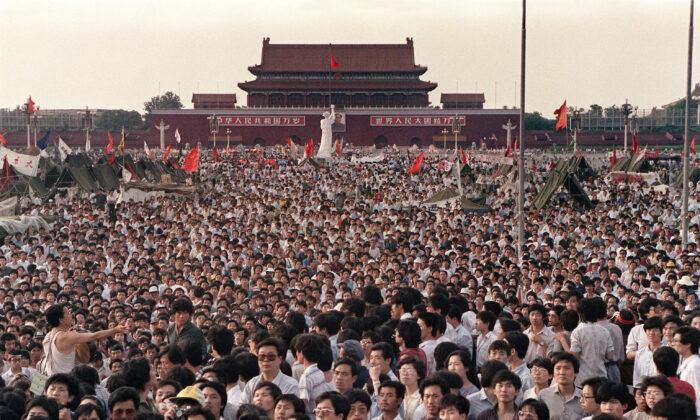
Friends Read Free